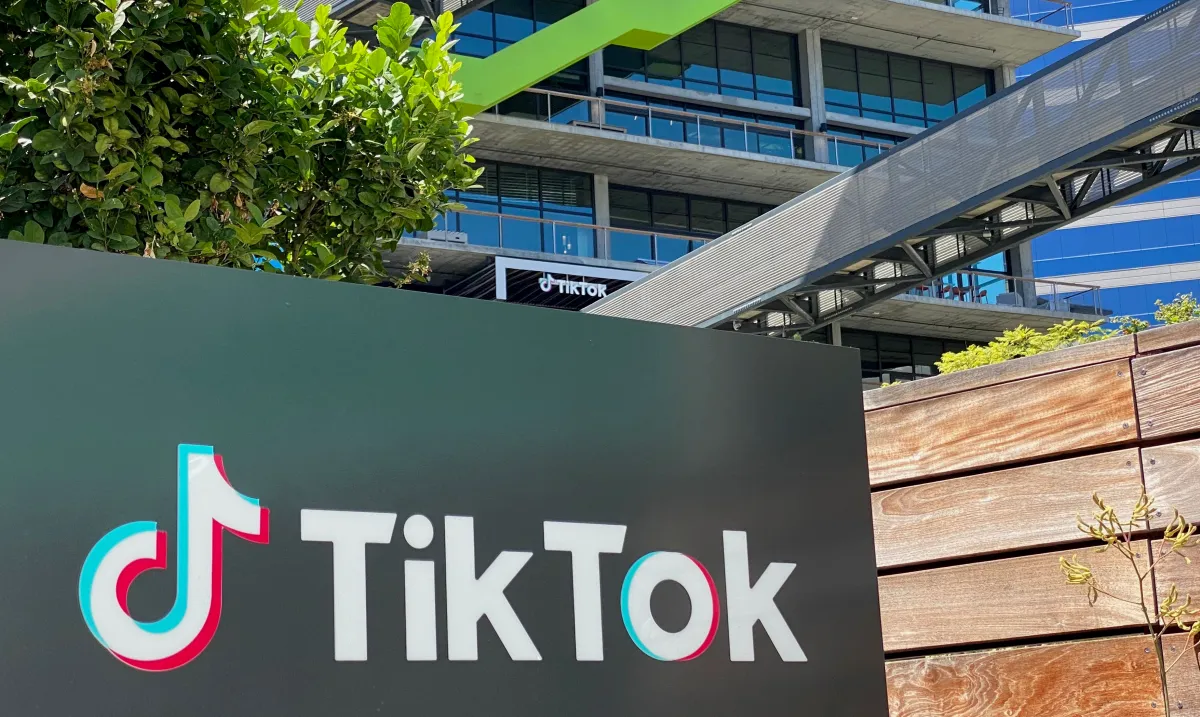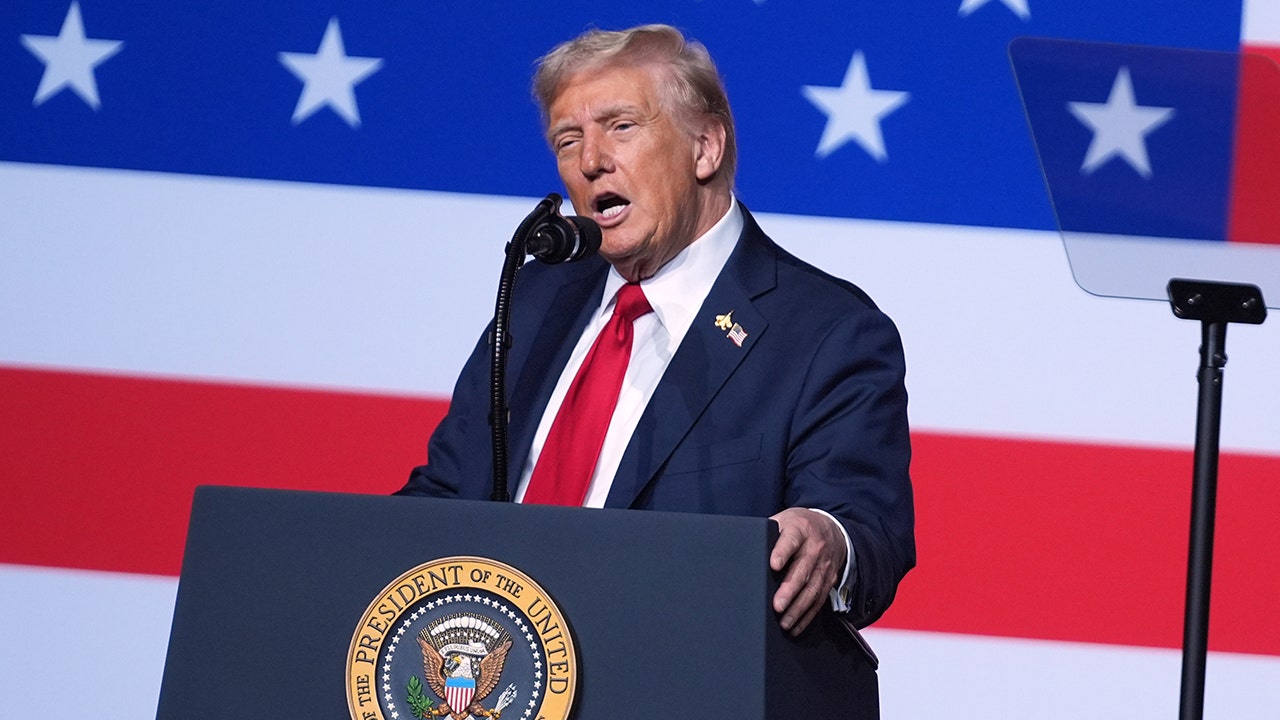
Former Treasury Secretary Larry Summers said Ford CEO Jim Farley’s idea of the “essential economy” is a good concept as it doesn’t focus narrowly on just factory work.
Amid fears that AI will wipe out large swaths of white-collar work, Farley has highlighted shortages in blue-collar professions, putting the unmet need at about 1 million jobs, as many American schools, families and policymakers have neglected the essential economy.
He even revealed recently that his son worked as a mechanic this summer and is questioning the need to attend college.
In a recent interview on Bloomberg TV’s Wall Street Week, Summers noted Farley isn’t fixated on a rigid notion of blue-collar jobs.
“I think Mr. Farley’s concept is a very good one, and it represents a very important difference from an idea that’s very fashionable, which is to fetishize manufacturing,” he said. “And by broadening the concept to fixing and moving as well as making things, I think it becomes a more plausible and a more inclusive concept.”
Indeed, the share of the U.S. workforce in manufacturing peaked at 38.9% in 1943, as the wartime economy cranked out weapons and equipment nonstop, and has been in steady decline since then.
By the end of 2024, that share was just 8% as the U.S. shifted to more service-oriented growth, while productivity gains, automation and globalization cut the number of domestic factory workers over the decades.
Those job losses devastated regional economies, creating a political backlash that helped send Donald Trump to the White House and launch a trade war, designed in part to bring more production back to the U.S.
Meanwhile, the tech boom drove more Americans to go to collage to learn software development and engineering, though some of those professions are now being threatened by AI.
“I think we have lost sight in all of our emphasis on higher education, all of our emphasis on science and technology,” Summers said. “Everything that’s hugely profound that has happened with the knowledge economy with bits and bytes—that work that people do with their hands is crucial for the livelihood of tens of millions of Americans.”
During the Aspen Ideas Festival this past summer, Farley said the U.S. spends too little on vocational training, which is also geared more toward 1950 than 2050, contributing to a decline in blue-collar productivity.
At the same time, demand for skilled trades is expected to surge, and even the AI boom will require workers to build and service the facilities that provide all the computing capacity that’s needed.
“There’s more than one way to the American Dream, but our whole education system is focused on four-year [college] education,” Farley said. “Hiring an entry worker at a tech company has fallen 50% since 2019. Is that really where we want all of our kids to go? Artificial intelligence is gonna replace literally half of all white-collar workers in the U.S.”















